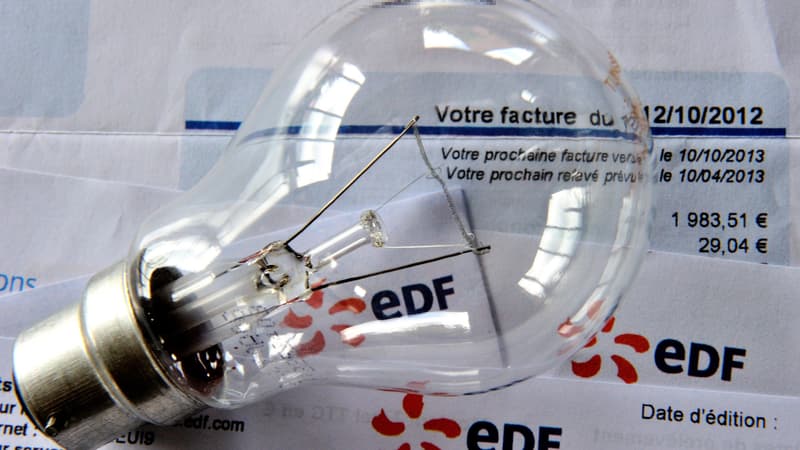We must end the tariff shield on electricity prices for the wealthiest households to reduce its cost and promote energy sobriety, three economists say in a note published this Tuesday by the Council for Economic Analysis (CAE).
The 20% of the richest households could thus be excluded from the tariff shield, a measure that would allow “budgetary savings between 5,000 and 6,000 million euros”, according to Xavier Ragot.
100% increase in the price of electricity in 2023 without a shield
Another option would be to distribute an energy check to the most modest homes. “Both approaches would encourage a reduction in electricity consumption” and would achieve “substantial budget savings,” the researchers say. For Xavier Ragot, the tariff shield has achieved its economic objectives by supporting activity, preserving the purchasing power of households and significantly reducing the price of electricity.
According to estimates by the Energy Regulatory Commission, electricity prices would have risen 35% in 2022 and 100% in 2023 without this protection device. On the other side of the coin, by supporting demand for energy partly imported from abroad, the escudo has contributed to increasing France’s trade deficit. Another downside was that it increased direct household CO2 emissions by 2.5% compared to a world without a shield, the authors calculate.
€110 billion
The tariff shield that limits the price of electricity for individuals will be maintained until the beginning of 2025, Economy Minister Bruno Le Maire announced in April. The Government estimated, at the end of last year, at 110,000 million euros between 2021 and 2023 the cost of the energy shield for homes, communities and companies.
For future energy crises, economists recommend a system similar to the one established in Germany, based on past household consumption, for example, payment of “40% of the previous year’s bill.” All this with a cap on the amounts paid, to guarantee that the system “does not finance the largest consumers who are known to be the richest households with public money.”
The researchers acknowledge that the implementation of a subsidy based on past consumption would require “a revision of the statistical apparatus.” In the future, they advocate, it would allow “establishing better focused public support policies” and a better evaluation after the fact of their effectiveness.
Source: BFM TV


